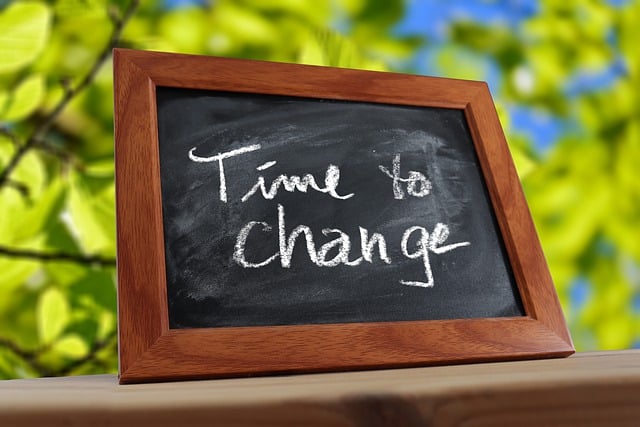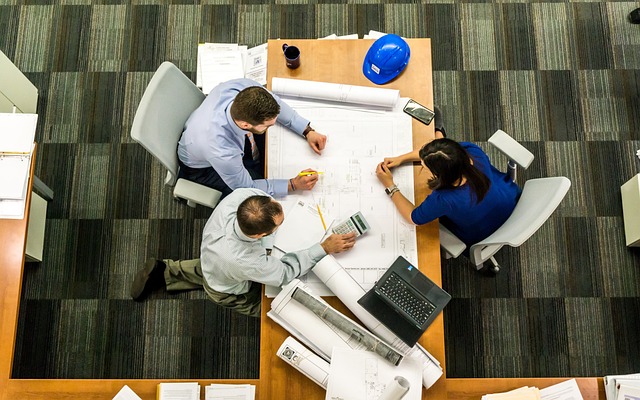What is sustainable development?
Sustainable development refers to a development approach that meets the needs of the present without compromising the ability of future generations to meet their own needs. It encompasses economic, social, and environmental dimensions, striving for balance and harmony between human activities and natural ecosystems.
How does recycling help the environment?
Recycling helps the environment by conserving natural resources, reducing energy consumption, and minimizing pollution. By recycling materials such as paper, glass, plastic, and metal, we can reduce the need for raw materials extraction, conserve water and energy, and prevent waste from ending up in landfills or incinerators.
What are some sustainable lifestyle tips?
Some sustainable lifestyle tips include reducing energy consumption by turning off lights and electronics when not in use, conserving water by taking shorter showers and fixing leaks, reducing waste by recycling and composting, choosing eco-friendly products and packaging, supporting local and sustainable food systems, and reducing reliance on single-use plastics.
How does climate change impact the environment?
Climate change impacts the environment in various ways, including rising global temperatures, more frequent and severe weather events such as hurricanes and heatwaves, melting glaciers and polar ice caps, rising sea levels, shifts in ecosystems and habitats, and disruptions to agriculture, water resources, and biodiversity.
What are some sustainable fashion brands?
Some sustainable fashion brands include Patagonia, Eileen Fisher, Stella McCartney, Reformation, Veja, and People Tree, among others. These brands prioritize ethical sourcing, fair labor practices, and environmentally-friendly materials and production methods in their supply chains.
How can businesses effectively integrate sustainability into their core operations and strategies?
Businesses can effectively integrate sustainability into their core operations and strategies by adopting a holistic approach that encompasses environmental, social, and economic considerations. This involves setting clear sustainability goals aligned with global frameworks such as the UN Sustainable Development Goals (SDGs) and embedding sustainability principles into corporate governance, decision-making processes, and performance metrics. By engaging stakeholders, conducting thorough impact assessments, and prioritizing transparency and accountability, businesses can identify areas for improvement and implement targeted interventions that drive positive change.
What role does innovation play in advancing sustainability efforts within businesses?
Innovation plays a crucial role in advancing sustainability efforts within businesses by driving the development and adoption of new technologies, processes, and business models that minimize environmental impacts, enhance resource efficiency, and promote social inclusion. Whether through renewable energy solutions, circular economy practices, or sustainable product design, innovation enables businesses to reimagine traditional practices and pioneer transformative solutions that benefit both the bottom line and the planet. By fostering a culture of creativity, experimentation, and collaboration, businesses can unlock new opportunities for sustainable growth and competitive advantage.
How can businesses leverage partnerships and collaboration to amplify their sustainability impact?
Businesses can leverage partnerships and collaboration to amplify their sustainability impact by forging alliances with like-minded organizations, governments, NGOs, and communities to address complex sustainability challenges that transcend organizational boundaries. By pooling resources, expertise, and networks, businesses can scale up their sustainability initiatives, share best practices, and drive collective action towards common goals. Furthermore, partnerships enable businesses to tap into diverse perspectives, leverage complementary strengths, and foster innovation through co-creation and knowledge exchange. Ultimately, by working together towards shared objectives, businesses can maximize their positive impact on people, planet, and prosperity.
What are some simple yet effective sustainable habits individuals can adopt to reduce their environmental footprint?
Answer: Some simple yet effective sustainable habits individuals can adopt include reducing energy consumption by turning off lights and appliances when not in use, minimizing water usage by fixing leaks and taking shorter showers, reducing waste by composting food scraps and recycling materials, choosing sustainable transportation options such as walking, biking, or using public transit, and opting for eco-friendly products and packaging whenever possible.
How does adopting a plant-based diet contribute to environmental sustainability?
Adopting a plant-based diet contributes to environmental sustainability by reducing greenhouse gas emissions associated with animal agriculture, conserving water and land resources, minimizing deforestation for livestock grazing and feed production, and reducing pollution from agricultural runoff and livestock waste. Plant-based diets also promote biodiversity and reduce the ecological footprint of food production, making them a more sustainable option for both human health and the planet.
What are some innovative ways businesses are implementing sustainability initiatives to address environmental challenges?
Some innovative ways businesses are implementing sustainability initiatives include investing in renewable energy sources such as solar and wind power to reduce carbon emissions, implementing circular economy practices to minimize waste and maximize resource efficiency, adopting green building standards and sustainable design principles to reduce energy and water usage in construction, and incorporating sustainable supply chain practices such as fair trade sourcing and ethical labor standards to promote social and environmental responsibility throughout the value chain.
How can individuals advocate for environmental sustainability in their communities and beyond?
Individuals can advocate for environmental sustainability in their communities and beyond by raising awareness about environmental issues through education and outreach, participating in local clean-up events and conservation efforts, supporting policies and initiatives that promote sustainability at the local, national, and global levels, voting for candidates who prioritize environmental protection and climate action, and actively engaging with businesses and organizations to encourage sustainable practices and policies. By mobilizing collective action and amplifying their voices, individuals can make a meaningful impact on the planet and contribute to building a more sustainable future for all.
The future of sustainability lies at the intersection of innovation, collaboration, and collective action. It is a future shaped by visionary leaders, empowered communities, and transformative technologies, united in a shared commitment to safeguarding the planet and promoting human well-being. In this future, sustainability is not merely a goal to be achieved but a journey to be embraced—a journey towards a regenerative, equitable, and resilient world.
At its core, the future of sustainability is characterized by a shift towards regenerative practices that restore and replenish natural ecosystems. From regenerative agriculture and forestry to sustainable fisheries and ocean conservation, businesses, governments, and communities are embracing holistic approaches that prioritize the health and vitality of the planet. By nurturing biodiversity, enhancing soil health, and restoring degraded ecosystems, we can create landscapes that not only sustain life but also thrive for generations to come.
Moreover, the future of sustainability is defined by the power of technology to drive innovation and accelerate progress. Advances in renewable energy, clean transportation, and sustainable materials are revolutionizing industries and unlocking new pathways towards a low-carbon, resource-efficient economy. From solar panels and wind turbines to electric vehicles and smart grids, technology holds the key to unlocking a future where energy is clean, abundant, and accessible to all.
Yet, perhaps the most profound transformation wrought by the future of sustainability lies in the realm of social change and human consciousness. As awareness of environmental issues grows and inequities become increasingly apparent, there is a growing recognition of the interconnectedness of all life and the need for collective action to address systemic challenges. In this future, sustainability is not just about protecting the planet; it is about building inclusive, just, and resilient societies where all people have the opportunity to thrive.
In the future of sustainability, collaboration is paramount. Governments, businesses, civil society organizations, and individuals must come together to co-create solutions, share knowledge, and mobilize resources towards common goals. By fostering partnerships and alliances that transcend boundaries of geography, ideology, and identity, we can harness the collective wisdom and ingenuity of humanity to address the most pressing challenges of our time.
Ultimately, the future of sustainability is not predetermined—it is ours to shape and define. It is a future where bold vision meets pragmatic action, where optimism meets resilience, and where hope meets determination. By embracing the principles of sustainability in our everyday lives and collective endeavors, we can create a future that is not only sustainable but also prosperous, just, and beautiful for all.




